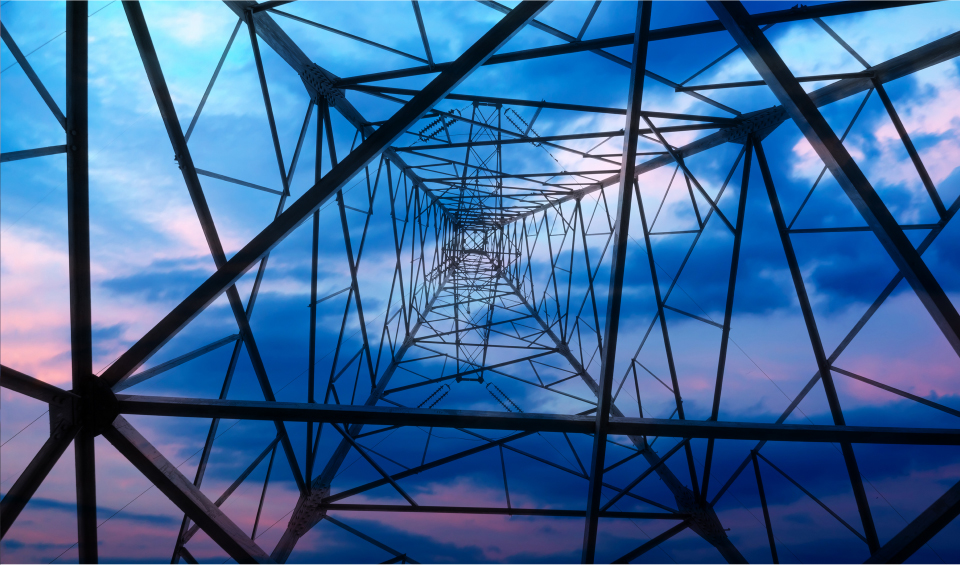
Thanks to ESCP Business School's Energy Management Centre wide network in the academic and business communities, our views on energy news give you comprehensive insight into energy issues.
Please join us...
The Chinese project of putting together the Economic Belt of the Silk Road (EBSR) is one of the biggest geopolitical challenges of modern times. The ambitious idea is to create a network of guaranteed transportation corridors between China and Europe, engulfing transit regions into a unique macro-economic system.
China views it as a means to capitalize on its financial, industrial and human potential. Countries and regional associations along the way of the Silk Road have a stake in harmonizing their differences and achieve a synergic effect through pooling their resources. On the contrary, the United States perceive the Silk Road idea as a big challenge, since the planned trade transit corridors, especially on-shore, will be out of American reach and control.
All along most of the 2016 U.S. election trail the issues of energy policy have been conspicuously omitted by the frontrunners, instigating certain uneasiness among the industry actors, investors, trading intermediaries, stockbrokers, insurance agents and shippers. At last, the silence has been broken, partially.
Energy topped the agenda of a public rally and discourse in Bismark, North Dakota, bringing some relief to the interested parties noted for their divergent views on tapping the offshore oil deposits, widening the application of the fracking technologies, and above all, earmarking shale gas either for exports or for the domestic market.




527 Finchley Road
London NW3 7BG
United Kingdom
Tel: +44 (0)20 7443 8800
Fax: +44 (0)20 7443 8845
E-mail: [email protected]










